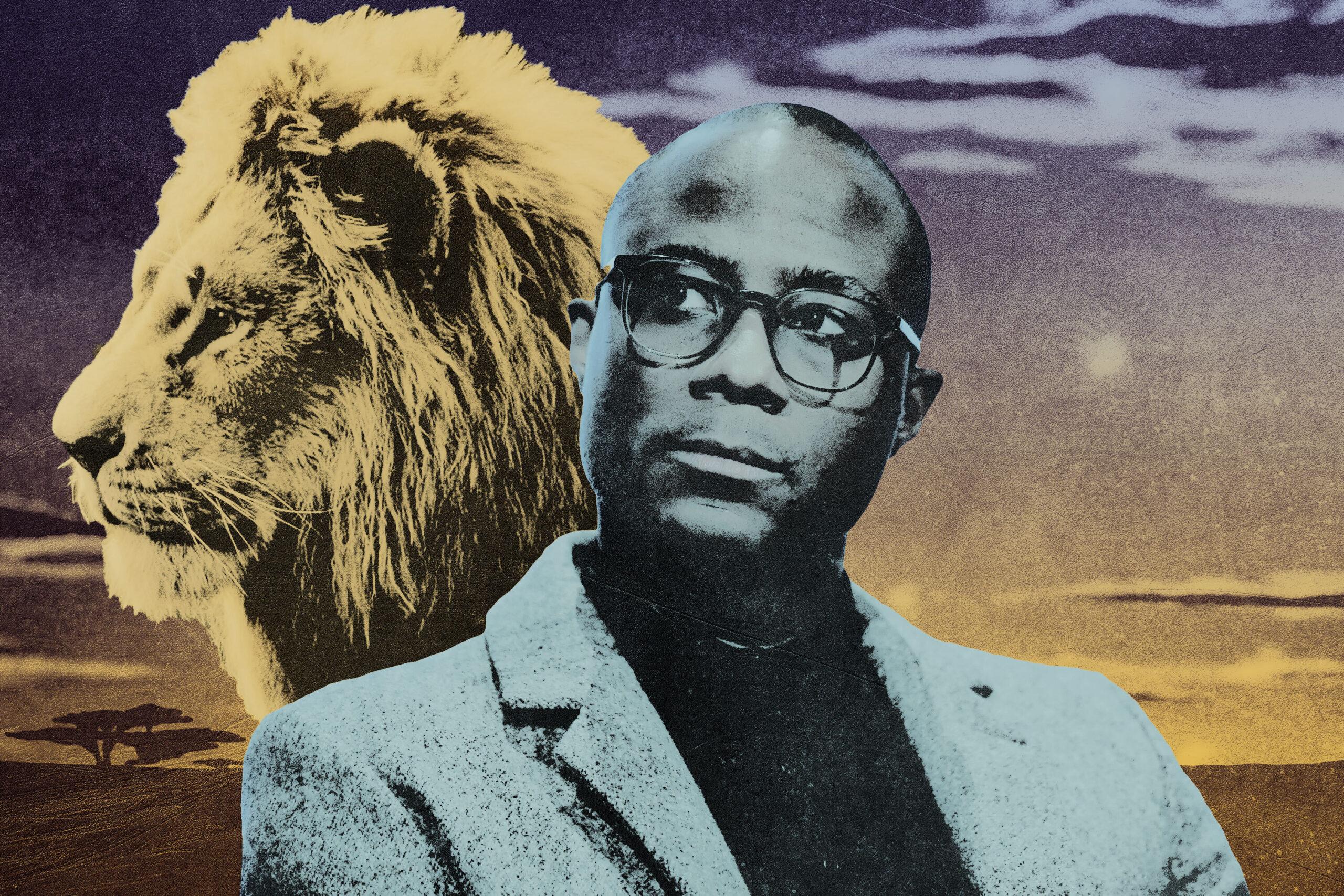
Had Film Twitter, the account that used a bot to generate faux-headlines like “Hot Rumor: Martin Scorsese and Armie Hammer Are Teaming for a Spy Action Sports Film,” not retired its algorithm in 2017, I’d put “The Lion King Follow-Up Set With Moonlight Director Barry Jenkins To Helm For Walt Disney Studios” in its hall of fame. Instead, that’s an actual headline from this week and not the work of a chaotic algorithm. Even with Jenkins confirming the news on Twitter, it’s still a lot to process.
And that’s before we get to the content of the sequel itself, which will apparently take place both before and after the events of the first Lion King, jumping back (to delve into Mufasa’s origins) and forth in time—essentially making Jenkins’s new project the Godfather: Part II of the animal kingdom. But none of this really explains Disney’s interest in a follow-up; to do that, you simply have to look at The Lion King remake’s box office receipts. Jon Favreau’s film made over $1.6 billion in 2019—second only to Avengers: Endgame, which ended up becoming the highest-grossing movie of all time. For Disney, a Lion King sequel isn’t a shortsighted, cynical cash grab: It’s a cash grab that is, unfortunately, good business in the long term.
Jenkins’s involvement is intriguing, as making a Lion King sequel is a major pivot from his first three indie films: Medicine for Melancholy, the Best Picture winner Moonlight, and If Beale Street Could Talk. (He also directed every episode of Amazon’s upcoming limited series The Underground Railroad.) The jump from indies to an unfathomably expensive blockbuster—the Lion King remake had a production budget of $260 million—isn’t inherently a bad thing, but by following in Favreau’s footsteps, Jenkins will be navigating some largely uncharted territory. That’s because Favreau, who struggled to decide whether The Lion King remake should be classified as an animated or a live-action film, worked within a virtual reality set that required the crew to wear VR headsets for the production. (Each crewmember had an “on-set” “avatar.”) That’s a far cry from, well, an actual movie set.
The Lion King was an undeniably impressive technological achievement, but that’s about all it was good for. The remake follows the original ’90s film almost shot-for-shot, a baffling and creatively flaccid decision that recalls Gus Van Sant’s Psycho, and its commitment to photorealistic animals made the enterprise feel more like a surreal episode of Planet Earth in which the lions talked instead of roared. The lifelike re-creations didn’t just approach the uncanny valley, they also deprived the remake of animals that could express emotions. Jenkins will have his work cut out for him if he’s going to make the beauty of human expressions radiate from computer-generated animals.
Why? is definitely the biggest thing the film world is wondering about Jenkins, one of the most talented filmmakers of his generation, choosing not just to work under the Disney corporate umbrella, but doing so to make an objectively unnecessary sequel. Like other talented auteurs brought into the Disney fold (i.e., Ryan Coogler for Black Panther, Chloé Zhao for Eternals), the hope would be that Jenkins makes The Lion King follow-up palatable through sheer talent and, somehow, artistic merit. And, if nothing else, Jenkins is well within his rights to collect a fat check from the Mouse House.
It remains to be seen what this means for Jenkins’s career—whether working on a Lion King sequel becomes a bizarre outlier for an otherwise indie filmmaker, or the beginning of the guy behind Moonlight getting sucked into the studio system. Maybe Jenkins will go the Steven Soderbergh route and do a bit of both, otherwise known as the Girlfriend Experience-to-Ocean’s Eleven spectrum. (He is quite keen on making a big-budget sci-fi movie, to which I say: Please give Barry Jenkins all the money.)
To bring this blog back full circle (of life), I can’t help but think of this actual Ringer headline from 2019: “The Lion King Remake Exists. But Why?” You can ask the same question about this forthcoming sequel, and while “Barry Jenkins is directing” is a good enough answer that The Lion King meets The Godfather: Part II won’t get laughed out of the room, it’s probably not a good sign that the news makes me hope that this excellent filmmaker will soon be working on literally anything else. If this thing is going to happen, though, at least “We Are One” is in very good hands.

